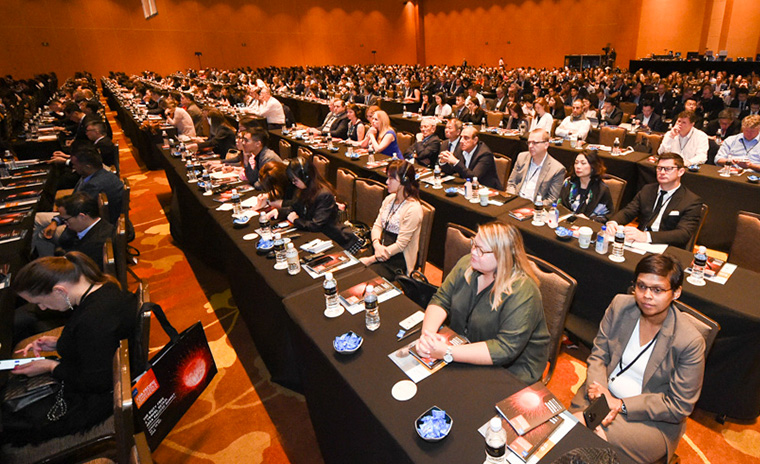


Speaking at the TFWA Asia Pacific Exhibition & Conference in Singapore, TFWA President Alain Maingreaud said sustainability is an area that could bring duty free and travel retail operators closer to their customers: “Climate change and the growing quantity of plastic in our oceans have placed environmental concerns centre stage for many people.
“As an industry that began at an airport and still earns most of its revenue from airline passengers, we must recognise that air travel in its current form is seen as far from green. This makes it all the more important that we reduce the negative impact our business has on the environment. Some companies active in travel retail have taken a lead here – Estée Lauder, L’Oréal and Pernod Ricard are just three corporate examples who have made public commitments to work more sustainably.”
Vanessa Wright from Pernod Ricard said that sustainability has to be “at the heart of our business and our brands”. There are plenty of opportunities too for travel retail to up the game when it comes to sustainability. We should, she said, harness sustainability as a powerful tool in addressing consumer concerns, seize the opportunity to share brand actions and stories with consumers, and explore and innovate to reduce and improve environmental impact. Corporate social responsibility extends beyond care for the environment, and the responsible organisation also considers how we need to be inclusive, value our people and increase diversity and fairness.
As Maingreaud stated: “As an industry, we can and should do more, not just because it makes sense, but because failing to act on this issue could make us seem complacent and out of touch with customer concerns.”



